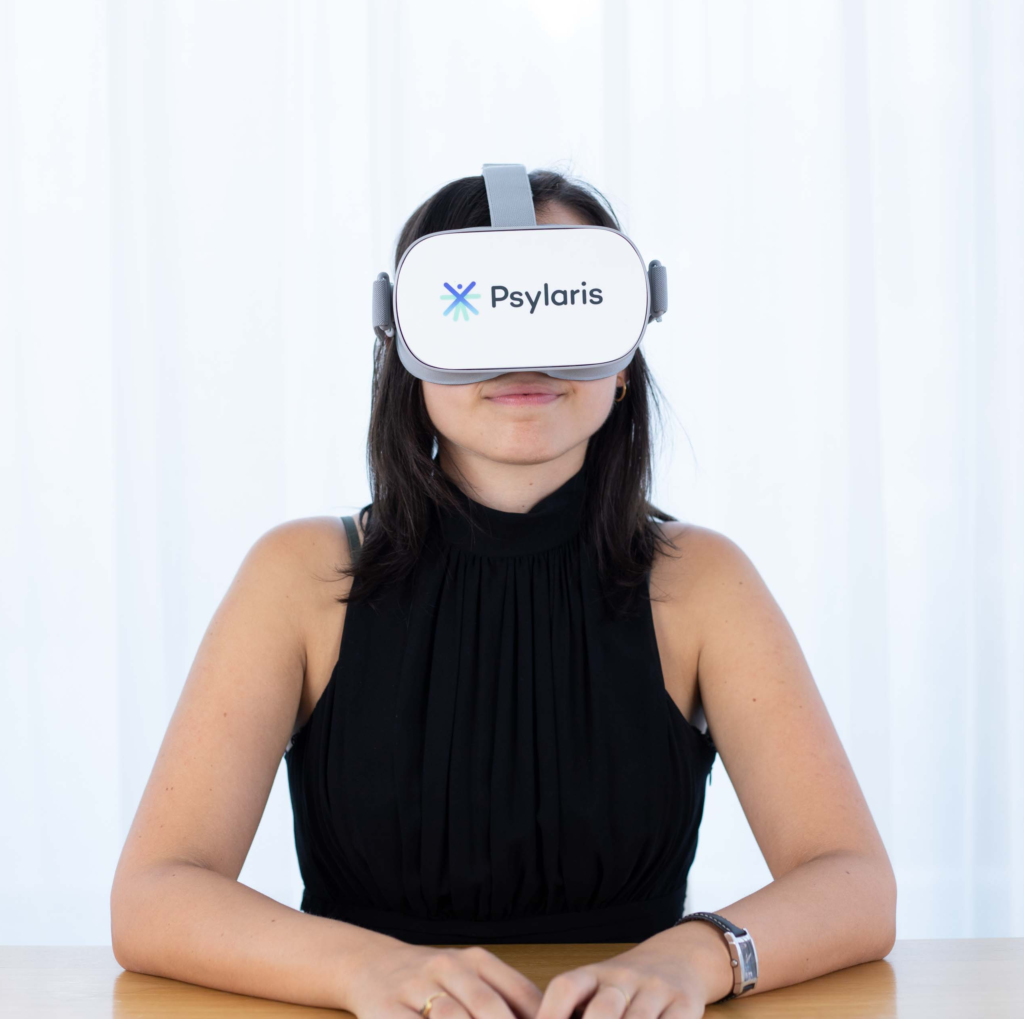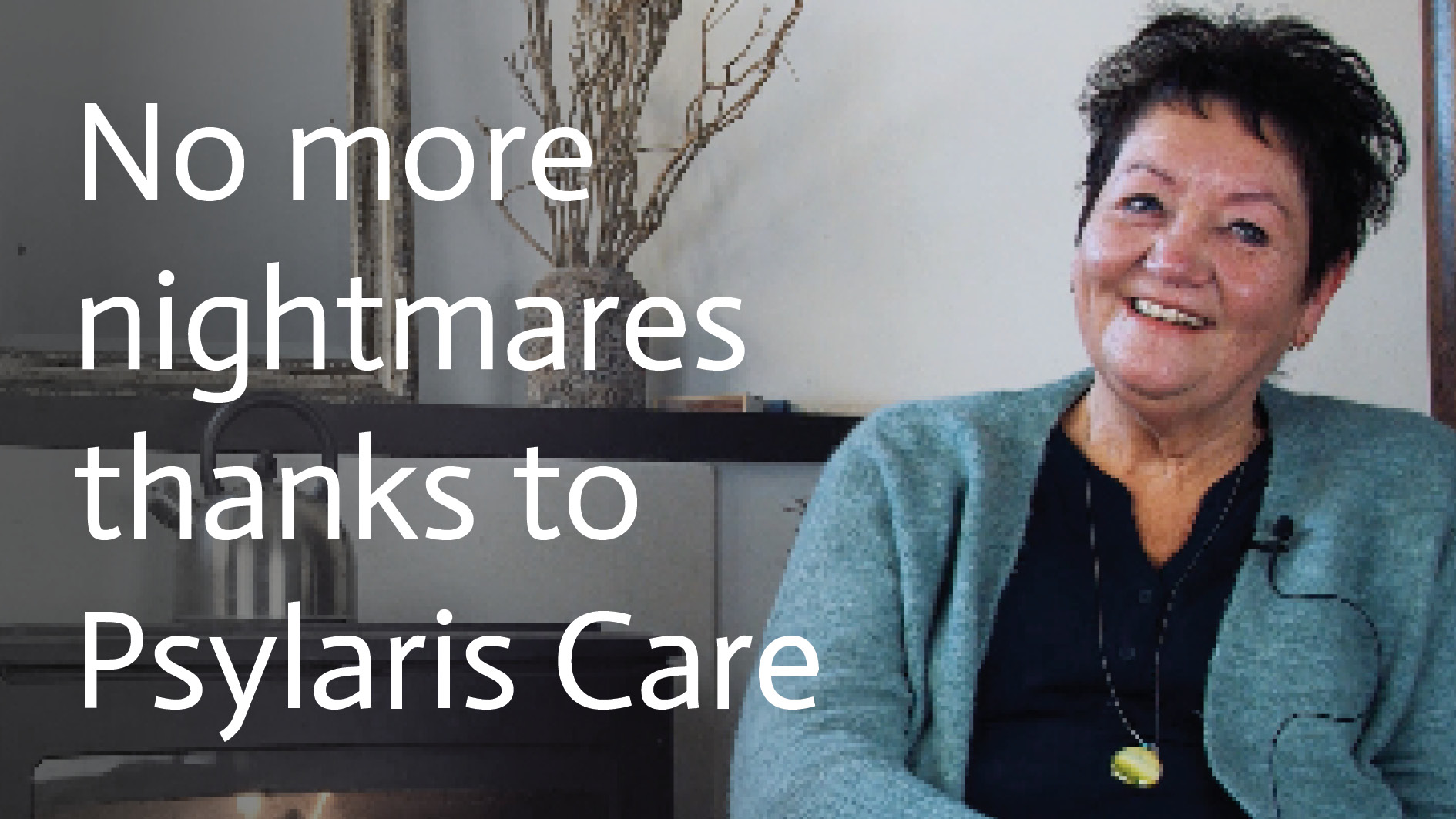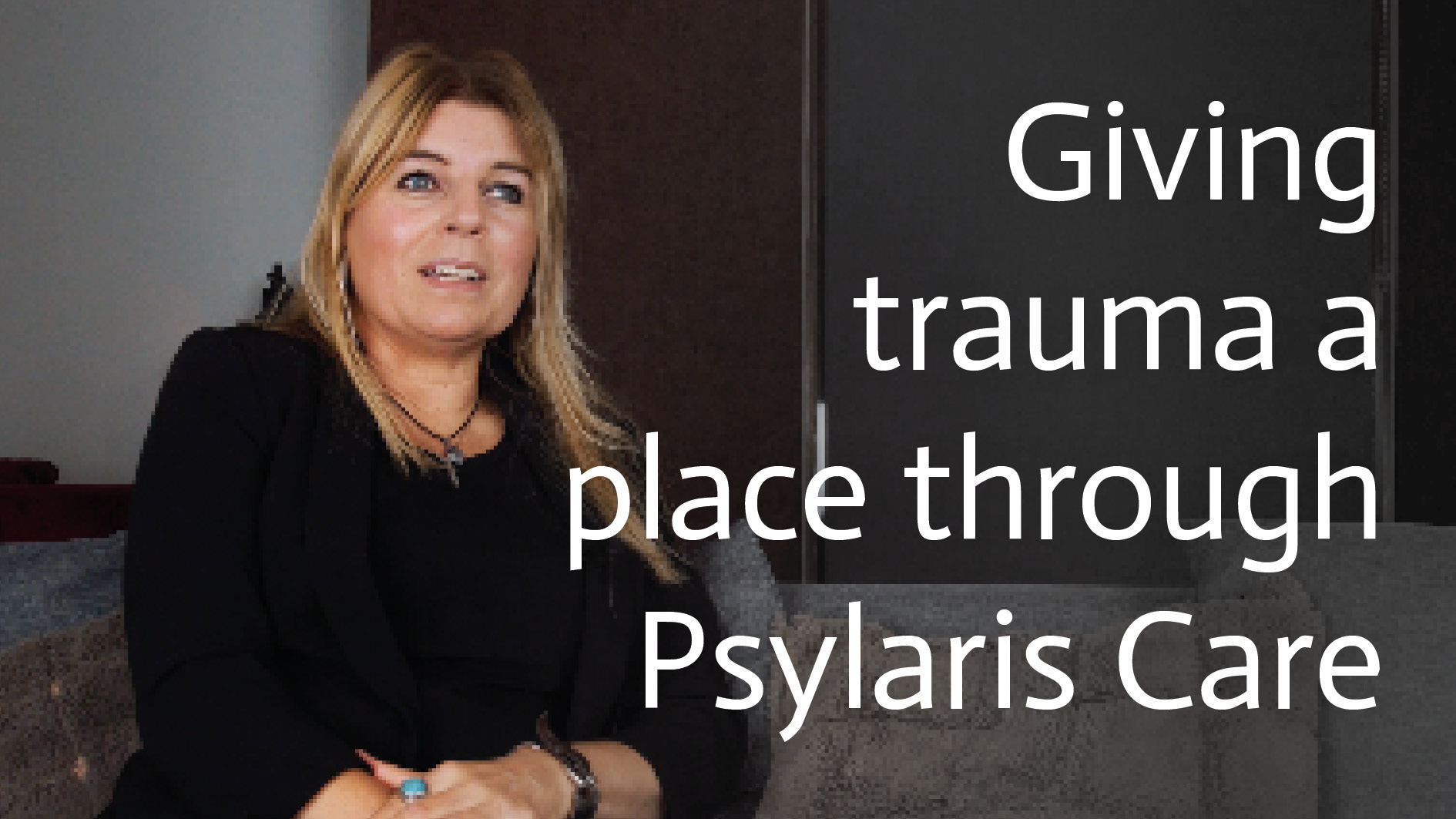950+
Organizations use Psylaris products
7500+
Therapists use our software worldwide
100.000+
Completed sessions with our applications
Do you regularly suffer from dizziness? Do you sometimes feel light-headed and think you might faint? Then it is wise to find out what is causing it. There are several possible different causes. Although dizziness can sometimes be scary, it does not always have to have a very serious cause. That is precisely why it is necessary to find out the cause, so that you can remedy or prevent it.
Becoming dizzy can have a physical or mental cause. Whatever the cause, it affects the balance organ. The balance organ is located in the inner ear and reacts to the position of the head. When you feel dizzy, you feel dizzy and your balance organ, together with the eyes and the muscles in the neck and legs, are the cause of this. These parts send signals through with which you can easily correct your body. If the signals are not passed on properly, you become dizzy and have difficulty keeping your balance.

For many people, physical complaints play an important role in the cause of dizziness. Examples are an inflammation of the balance organ, migraine or a problem with the blood circulation. In addition, there is also the ménière disease, which often makes you dizzy. In these cases, it is important to have a medical examination, so that you can be helped with medication or therapy.
You can also get dizzy without any physical cause. In most cases, this is due to stress and tension. There can be times when things are not going so well. You may be under a lot of stress at work or a private situation may not be going so well. The tension and stress can build up to the point where you occasionally get dizzy. Again, this has to do with the fact that the signals are not passed on properly due to the stress. In these cases, it is necessary to solve or improve the problematic situation so that the stress disappears.
Stress and tension can also build up if you are suffering from an unprocessed trauma. A traumatic event keeps playing in your head like a film? If you have not been able to process the traumatic event for a long time, you get post-traumatic stress disorder (PTSD). PTSD can cause all sorts of symptoms, including dizziness. If an unprocessed trauma is the cause of the dizziness, EMDR can be the right treatment.

Because you have to bring up the trauma again and again, EMDR can be hard. Certain tools can then be helpful. Psylaris, for example, has developed EMDR-remote. , an online platform. If the client has trouble getting out the door, EMDR can be given remotely via the platform. The platform offers the possibility of video calling and the practitioner has sufficient possibilities to use digital distraction techniques.
With EMDR-VR, Psylaris is taking important steps towards providing EMDR treatment via virtual reality. The client wears VR-glasses and is intensively distracted with lifelike distractions. The practitioner has the possibility to compose his/her own distraction tasks with photos and/or videos. With the VR glasses on, the client can be treated from home, but also in the treatment room.

As a developer of modern methods and tools in mental healthcare, Psylaris has also made EMDR easy with modern techniques. Virtual reality, for example, plays an increasingly important role in the mental healthcare sector. With EMDR-VR and EMDR-plus, Psylaris has developed a VR-module. The module can easily be used by the practitioner and has many distraction possibilities. The client gets a more intense distraction than during a regular treatment. The VR glasses can be used both at home and in the treatment room. This makes both the practitioner and the client more flexible.
If the client is unable to come to the treatment centre, Psylaris uses EMDR-remote to make it possible to receive EMDR treatment at home. EMDR-remote is the online EMDR platform of Psylaris, where the practitioner and the client can conduct an EMDR session via video calling. Again, the practitioner has many possibilities to distract and the client, who is chained to the house, is still being treated.
We believe with the combination of intelligent software and qualified therapists we can develop a system in which everyone, anytime and anywhere has direct access to efficient and affordable psychological care.




This website uses cookies to ensure that you get the best experience on our website.